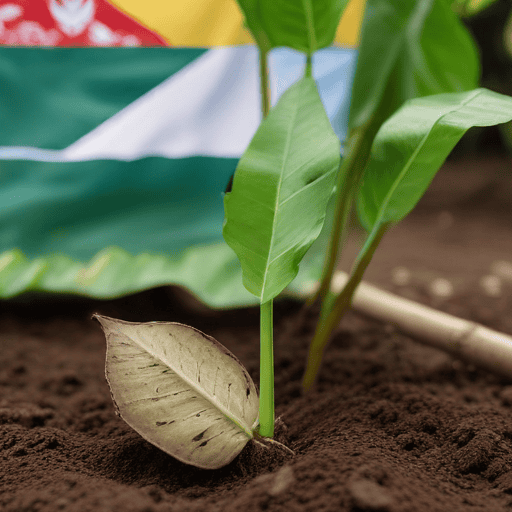Agriculture Minister Vatimi Rayalu has emphasized the vital role that equipping young people with essential skills plays in cultivating a sustainable farming sector, which is crucial for enhancing the nation’s food production. During the recent centennial celebration of the Navuso Agriculture Technical Institute (NATI) in Naitasiri, he acknowledged the historical challenges faced due to past disagreements between the government and the Methodist Church, which operates NATI. These conflicts have previously disrupted the institution’s functions and negatively impacted food production in Fiji.
Mr. Rayalu stressed the urgency of reducing food imports by harnessing local farming potential. He advocated for collaborative efforts to provide youth with adequate training, which can ultimately elevate food production levels. “It is simply not acceptable for Fiji to continue to import foodstuff that could easily be grown locally,” he remarked, calling on the community to unite in fostering agricultural development.
The Minister also highlighted the scholarships and incentives available at NATI to encourage more young individuals to venture into farming. He pointed out that a lack of adherence to industry standards has often led to the failure of farming enterprises in the past. “Take advantage of government’s initiatives and other tools you have access to, to explore the world of knowledge about farming and a possible shot at success,” he urged aspiring farmers.
By nurturing successful trainee farmers, Mr. Rayalu believes that Fiji can attract investors who are willing to support agricultural operations financially, paving the way for a more self-sufficient sustainable food system.
This initiative reflects a hopeful vision for Fiji’s future in agriculture, presenting an opportunity for the younger generation to take charge of their destinies and play a pivotal role in national food security.
In summary, the emphasis on youth training in agriculture not only addresses the issue of food imports but also seeks to empower the younger population, potentially leading to innovation and investment in Fiji’s agricultural sector.

Leave a comment